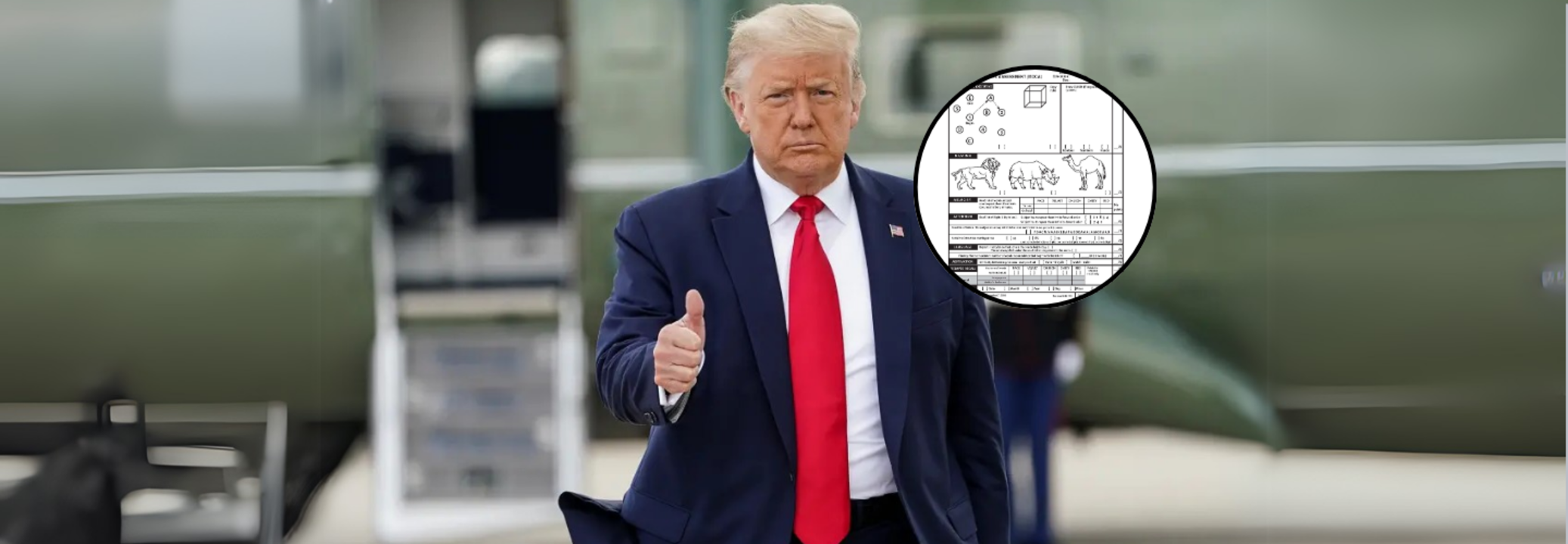At 78, Trump 'Aced' Cognitive Test With ‘Every Question Right’- What Is Montreal Cognitive Assessment?

SummaryPresident Trump says he “aced” Montreal Cognitive Assessment during his recent physical, claiming a perfect score. Curious what that test actually includes? Here’s a breakdown of the test that’s stirring up political buzz—and raising questions about presidential fitness.
End of Article
